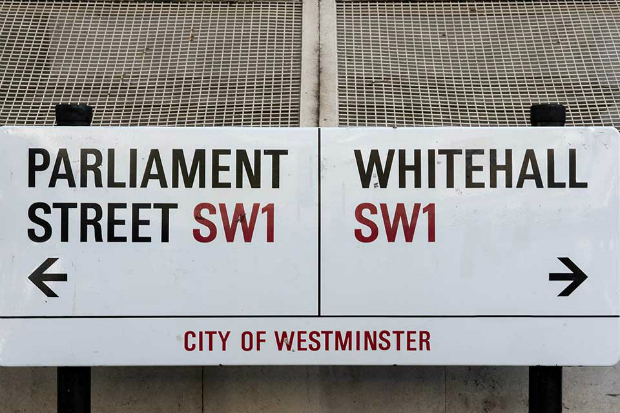1. Tell us about the job you currently do.
I am currently Deputy Director of the Heads of Profession Group in the Department for International Development (DFID) and have responsibility for 13 of the professions within the Department, which are the specialist advisory professions (such as humanitarian). My role then is to act as the ‘guardian’ of the professions, to maintain professional standards but to also convene the 13 different professions into a single college of expertise.
2. How did you discover that there were roles for vets within government?
I had government vets in the family. My aunt was the Deputy Chief Veterinary Officer and my uncle was a Home Office vet, so I’d grown up knowing about roles in government.
3. What types of roles have you had within government?
I‘ve been in government for six years and in that time I’ve had three roles. My first was as a vet in the Animals in Science Regulation Unit (ASRU) in the Home Office. Then I moved into generalist roles - firstly in the Civil Contingencies Secretariat in the Cabinet Office where I was the Assistant Director for Strategy and Performance. This was all about working out how well prepared we are for civil emergencies, such as a disease outbreak or terror attack.

4. What attracted you to work within the Department for International Development (DFID)?
I really believe in DFID’s mission, to eradicate extreme poverty. Before working in government I worked as a consultant advising companies how they can protect the health of staff in remote areas, especially sub-Saharan Africa. Traveling through and working in really poor places puts everything in perspective.
5. What challenges did you perceive there would be in transitioning from a vet role to another type of civil service role?
The primary challenges were actually in my head. For a long time I did not realise that the skills I had learnt as a veterinary surgeon were transferable to other roles. I also assumed that people would pigeon-hole vets as having a very narrow skill set. Starting in the Home Office, I had a senior position but no line management responsibilities, which was very unusual for the civil service. So in applying for my next post I had to find a way of identifying the mix of skills that my veterinary career had given me and communicating them confidently.
6. What actual challenges were there?
I had to rapidly hone my policy skills! But I had a great team to support me who had loads of policy experience, so I was able to pick that up very quickly.
7. What cross-over skills do you bring from being a vet and a vet in government to your present role as Deputy Director?
There’s lots that you learn and take for granted as a vet that’s directly applicable to my present role:
- The use of evidence - especially imperfect evidence - and how to make decisions based on often incomplete information very quickly, knowing full well the parameters may change.
- The importance of big picture thinking. In clinical practice, you’re often balancing the immediate problem to solve with the need to consider the entire animal, the entire herd or even public or global health. This is a very important skill in policy work.
- Real world experience. Working in Glasgow or sub-Saharan Africa makes you definitely frame decision making for government funding and saving taxpayers money.
- Working with members of the public. This was where I first practiced distilling and communicating complex things in a simple way, and being able to tailor messages to different audiences. If you can explain kidney disease or diabetes to someone who has very little understanding of biology, you’re practicing these skills.
- I learned all about managing hostile stakeholders in ASRU. There our stakeholders ranged from those who wanted all animal use in science to be banned, to those scientific institutions who see it as an essential facilitator of medical and scientific progress. Animals in science legislation is also pretty complex, so being in ASRU was a great way of learning about how legislation works.
All of these skills are really valuable to the civil service, and are skills vets learn through their education and in practice.
8. What skills do you think that vets in government need to acquire in order to develop their wider civil service career?
Confidence in your translatability. Do not be apologetic for being a vet, even if you do not want to work in a veterinary role. All of your skills are transferable - but the main thing is having the confidence to acknowledge that and project it onto others.
I would also say “open mindedness”. There are so many roles out there that are challenging and fascinating, although they do not necessarily relate directly to animals, and use all of the skills that you already have. You do not need to constrain yourself to the traditional career paths.

